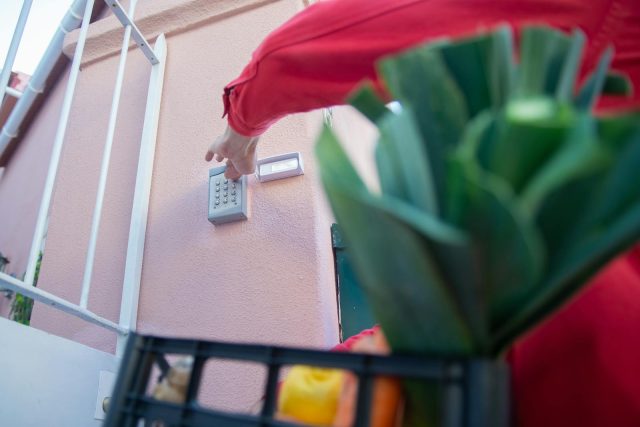
Your home might have four walls and a roof, but in today’s world, it also has passwords, IP addresses, smart devices, and more. Modern security isn’t only about locks and windows. Security is how you ensure everything is protected, including your personal information. With the wrong setup, you may not have people stealing off your porch, but they can probably gain more access through your technology. Let’s evaluate what actually makes a difference when it comes to securing your home life online and offline.
You Can be Attacked Just for Being Online
It’s a digital jungle out there, and if you spend time gaming, streaming, working from home, or just living online, you’ve probably already been exposed to some level of risk. Phishing scams, malware, and identity theft are the usual suspects. But for those in the gaming world or anyone who uses real-time apps, there’s an added threat: getting hit with a DDOS attack while you’re streaming. That’s when someone floods your network with fake traffic until your connection crashes—basically the internet equivalent of getting tackled mid-sprint.
That’s where a good VPN steps in. A VPN can mask your IP address and even encrypt your data, making it harder for attackers to target you directly. For gamers, this can mean the difference between a fair fight and an unplayable lag-fest. For remote workers, it can mean uninterrupted meetings and protected business data.
Is Your WiFi Helping or Hurting Your Security?
Most people don’t think of their internet connection as a security risk, but the truth is, it’s one of the most vulnerable parts of your home—especially if it’s relying on outdated equipment or patchy coverage. A strong, reliable mesh router can change that completely. Unlike a single-point router, which creates a central hub and leaves your home vulnerable to dead zones, a mesh one spreads the connection across multiple access points, blanketing your entire space in consistent coverage.
This isn’t just about getting rid of buffering or improving your Netflix binge sessions. With so many smart devices depending on WiFi—from doorbells to security cameras and thermostats—a weak signal can create blind spots where systems don’t respond or fail entirely. Worse, poorly secured routers can be entry points for cyberattacks. If you’re serious about safeguarding both your physical space and your digital footprint, upgrading your WiFi network is a smart move.
Cameras Can Deter Crime
You’ve seen the videos: someone stealing a package gets caught red-handed on a security camera, and the footage goes viral. While it’s satisfying to watch justice being served on your timeline, the real power of home security cameras is in prevention. Criminals are less likely to mess with a home that looks like it’s watching back. Whether it’s a camera on your front porch, a floodlight that turns on with movement, or an indoor cam you check from your phone, the psychological effect alone can make a difference.
But for cameras to be effective, they need to be part of a broader strategy—not just a lone device taped to a corner. Make sure they’re positioned strategically, connected to your app or smart hub, and regularly updated.
Protect What’s Inside Without Feeling Like You’re Living in a Fortress
You don’t need a security team or a panic room to feel safe at home. You just need tech that works with your habits, not against them. Smart locks are a great example that help you lock and unlock doors remotely, assign codes to guests, and even receive instant notifications when someone enters. No more hiding a key under the mat. No more wondering if you forgot to lock up before bed. Add motion sensors and window alarms into the mix, and you’ve got a quiet, invisible system that works in the background.
The Power of Good Habits
Technology can do a lot, but it can’t replace common sense. The best security system in the world won’t protect you if you reuse the same weak password across every account or post your vacation plans publicly while your house sits empty. Creating good digital hygiene is just as important as installing high-end tech.
Start with strong, unique passwords for each account—and store them in a password manager if you need help remembering. Turn on two-factor authentication where it’s available. Be skeptical of unexpected links, texts, or emails, even if they look legit. And in your physical space, be mindful about who has access to your home and your network.
Staying safe in your home is about creating secure networks, watching your back while you’re streaming, and creating good habits. You never know who could be watching your house or your online persona.








